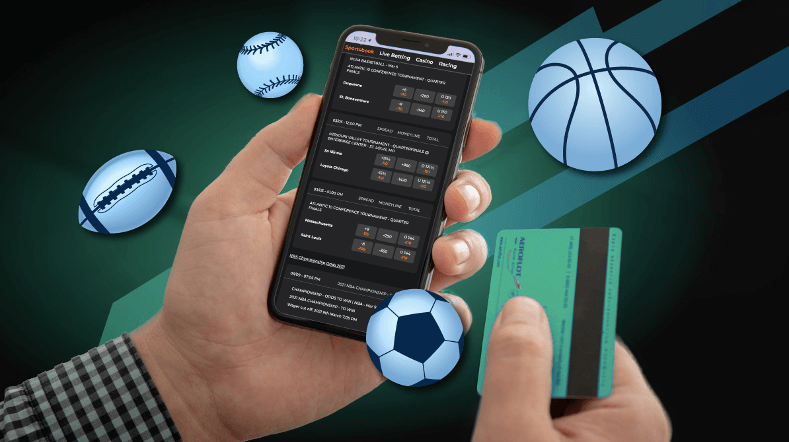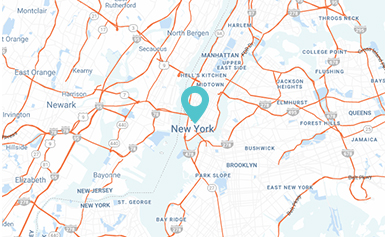Online Casino Safety Checklist 13

Online Casino Safety Checklist
In recent years, online casinos have gained immense popularity, offering gamers the flexibility to enjoy their favorite casino games from the comfort of their homes. However, with this convenience comes the necessity for vigilance and understanding of online casino safety protocols. This guide provides an extensive Online Casino Safety Checklist betano checklist to ensure your online gambling experience is safe and secure.
1. Licensing and Regulation
The foremost aspect of any online casino is its licensing and regulation. Ensure the casino holds a valid license from a respected gambling authority (e.g., Malta Gaming Authority, UK Gambling Commission). This not only confirms the casino operates legally but also that it adheres to strict standards of fairness and player protection.
2. Secure Website Protocols
Check for HTTPS in the URL of the online casino. This indicates that the site employs SSL (Secure Socket Layer) encryption technology, which secures the data transmitted between your device and the casino. Avoid casinos that do not implement these protocols, as they may compromise your personal and financial information.
3. Payment Methods
Ensure the online casino offers reputable and secure payment methods. Look for options like credit cards, e-wallets (such as PayPal, Skrill, and Neteller), and bank transfers that have a track record of safety. Additionally, check whether they have prominent verification features like two-step authentication.

4. Fairness of Games
Online casinos should display an RNG (Random Number Generator) certification. This ensures that the games are fair and outcomes are purely random. Additionally, look for casinos that have their games regularly audited by independent third-party organizations, such as eCOGRA.
5. Customer Reviews and Reputation
Conduct thorough research regarding player experiences with the online casino. Websites that specialize in casino reviews provide insights into the casino’s reliability, customer service, payment times, and overall satisfaction rates. The information collected from multiple sources will help form a reliable picture.
6. Customer Support Options
Test the casino’s customer service options to ensure they are responsive and helpful. Look for a variety of contact methods such as live chat, email support, and telephone assistance. A reliable online casino should have quickly accessible customer support that can address any issues or concerns you may encounter.
7. Responsible Gambling Measures
Ensure the online casino promotes responsible gambling. Check for features like self-exclusion options, deposit limits, and access to gambling abuse hotlines. Casinos committed to responsible gambling show they care about the well-being of their players.

8. Transparent Terms and Conditions
Read the terms and conditions carefully before signing up. These documents provide vital information regarding payouts, bonuses, and potential limitations. A trustworthy casino will present clear, concise, and fair terms that are easy to understand.
9. Bonuses and Promotions
While bonuses can enhance your gaming experience, they should not come at the expense of safety. Ensure that the bonuses offered are not misleading and check the wagering requirements to avoid unpleasant surprises later on.
10. User Experience and Interface
The interface of the online casino should be user-friendly and accessible across devices, whether you’re using a laptop, tablet, or smartphone. A well-designed website not only enhances your gaming experience but can also be a sign of a reputable casino.
Conclusion
Ensuring your online casino experience is safe is crucial for enjoying your time spent gaming. By following this Online Casino Safety Checklist, you’re equipping yourself with the knowledge and tools necessary to make informed and safe choices. Remember, gambling should be fun, and safety should always be your main priority. As the online gambling landscape continues to evolve, staying informed is your best defense against potential risks.






